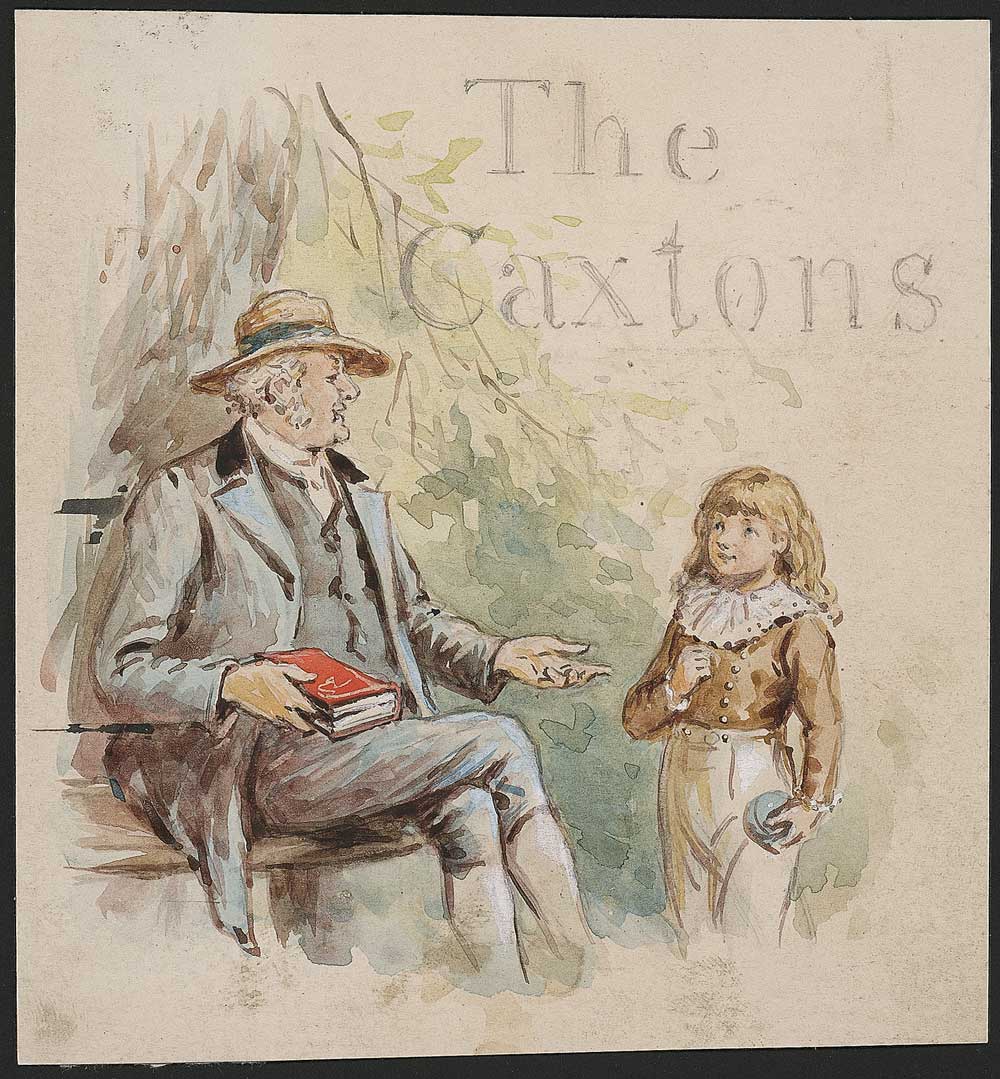

Bulwer-Lytton had long suffered with a disease of the ear and for the last two or three years of his life he lived in Torquay nursing his health. This incident was chronicled in her memoir, A Blighted Life which was published in 1880 and, later, she continued her attacks upon her husband's character for years. Finally he had her committed to a mental asylum but after a public outcry she was released after a few weeks. He retaliated by threatening her publishers, withholding her allowance, and denying her access to their children.

In June 1858, when her husband was standing as parliamentary candidate for Hertfordshire, she indignantly denounced him at the Hastings. Three years later, Rosina published Cheveley, or the Man of Honour (1839), a bitter satire and near-libellous fiction her husband's alleged hypocrisy. They separated acrimoniously in 1833 and their separation became legal in 1836. Edward's writing and political work strained his marriage while his infidelity embittered Rosina. Edward had to work for his living and had two children, Lady Emily Elizabeth Bulwer-Lytton (1828-1848), and (Edward) Robert Lytton Bulwer-Lytton, 1st Earl of Lytton (1831-189, Governor-General and Viceroy of British India from 1876 to 1880). Edward married Rosina Doyle Wheeler (1802-1882), a famous Irish beauty In August 1827, against his mother's wishes who withdrew his allowance. He coined the phrases such as "the great unwashed," "pursuit of the almighty dollar," "the pen is mightier than the sword," "dweller on the threshold," and the well-known opening line "It was a dark and stormy night" etc. He became instantly popular among the literature loving people and wrote a stream of bestselling novels, which earned him a considerable fortune.

He was an English novelist, poet, playwright, and politician. Edward George Earle Lytton Bulwer-Lytton, 1st Baron Lytton PC, was born on to General William Earle Bulwer of Heydon Hall and Wood Dalling (later Lord Dalling), Norfolk and Elizabeth Barbara Lytton (daughter of Richard Warburton Lytton of Knebworth, Hertfordshire)and the younger brother of William Earle Lytton Bulwer (1799-1877) and Henry (1801-1872). This story, written in a florid Victorian style that prevailed at the time of its conception and publication, is a pure and great thriller. The book is in two book volumes- the first one is a love story, a combination of the ghosts and the supernatural and the second book is a logical discussions over the nature of the supernatural and the metaphysics. A Strange Story, originally written in more than twenty parts, was initially published in serial. The story is very interesting and a true page turner that forcefully keeps the reader glued to the book till the end. Fenwicke rescues his beloved Lillian from her disaster. Margrave to make Louis Grayle again young and Dr. The 'black magic' is used effectively by the wickedly amoral Mr. The mysterious, lovely and dreamy Lillian enters into the logical life of Dr. Allan Fenwicke, a rational materialist who publically debunks the spiritualist beliefs of his fellow physician Dr. This story is told from the perspective of Dr. The story deals with a supernatural theme and it later had an influence on Bram Stoker's Dracula. Ī Strange Story, first published in 1862, was written by the great American author Edward Bulwer Lytton. A Strange Story, first published in 1862, was written by the great American author Edward Bulwer Lytton.


 0 kommentar(er)
0 kommentar(er)
